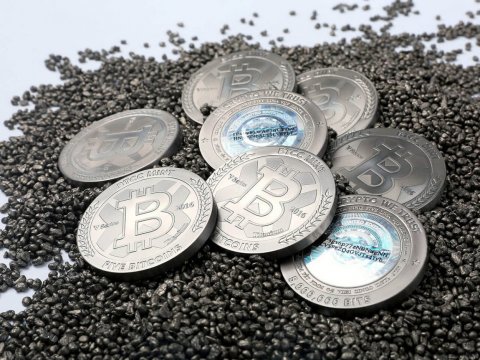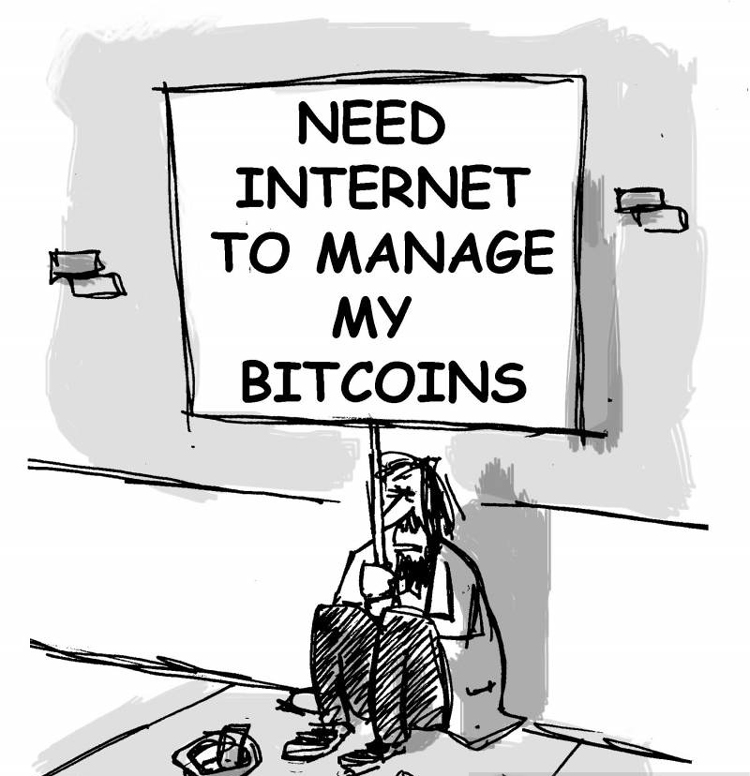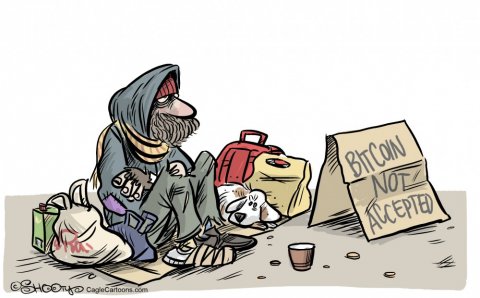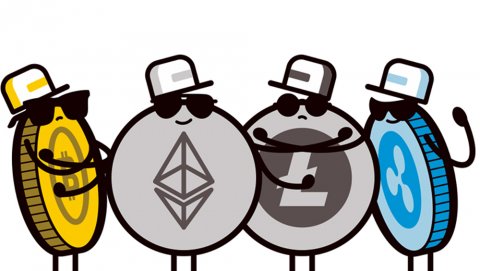Let's clarify the attributes of the different types of currencies. Because, while a cryptocurrency is a digital currency, not all digital currencies are cryptocurrency. Mmm. So now you might wonder, what is virtual money then? Does it have anything to do with fiat money? What are the differences? How can one differentiate between all these seemingly complex trading tools?
The funds that most of us currently use, i.e. national currencies like the US dollar (USD) or the Euro (EUR), are labelled Fiat money. This money is mostly physical, which means it comes in the form of banknotes or coins. It doesn't hold a value in itself and is not backed by a physical commodity, such as Gold or Silver. Its real value is agreed upon between governments or other entities that resort to it as a means of exchange and hence depends on the supply and demand of such a product on the markets. The term fiat has Latin origins, "meaning let it be done used in the sense of an order, decree or resolution" (see Wikipedia page for more details). These currencies are printed at the request of governments / central banks who designate their value. This facilitates money flows inland and across borders, as long as the value is mutually acknowledged. In the case of inflation or hyperinflation, and because there is ordinarily no link to assets like gold or silver, fiat money can become totally worthless. If you wish to know more about fiat money, you can consult the Investopedia article here.
The other type of currencies consist of digital, virtual and crypto-currencies. The reason why I group these is because they somehow are connected. Let me explain.
A digital currency, details on the Investopedia page here, is in fact a bunch of numbers on a computer or a mobile phone. Yes, that's right. You cannot touch or feel this money. It only exists in electronic form and is therefore sometimes called cyber cash. Therefore, you cannot "see" the activity in real life as it has no physical existence. The money can still pay for that product or service, online, at 3am from the comfort of your bed or sofa, using your debit or credit card via your bank's web portal or app, or any other app such as PayPal or your electronic Wallet. The main advantage of digital money is that moving it across borders requires little to no time and also little effort. Additionally, because transactions are linked to banking systems, they are mostly regulated, and "cash in- and out-flow" can be monitored. This is what is referred to as "blockchain technology". And an other essential edge, especially for my friends out there who feel insecure when they cannot see or touch their money, digital currency can be converted into fiat currency. The downside of this marvelous tool is however security. Even if huge efforts have been undergone on the legal frameworks to safeguard the operations that are kept in secret directories, not all are encrypted and the risk of being hacked is higher than when you have you paper money at your hand and in your pocket. Or at the bank. So, lack of trust in digital currencies is understandable. But, I still don't see you carrying / transporting millions of USD or EUR in cash to buy a certain item, or you would, but that is not really practical, you've got to admit that!




